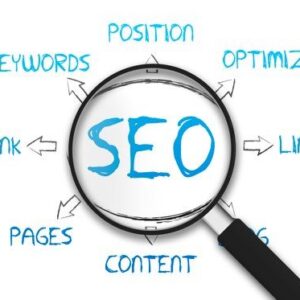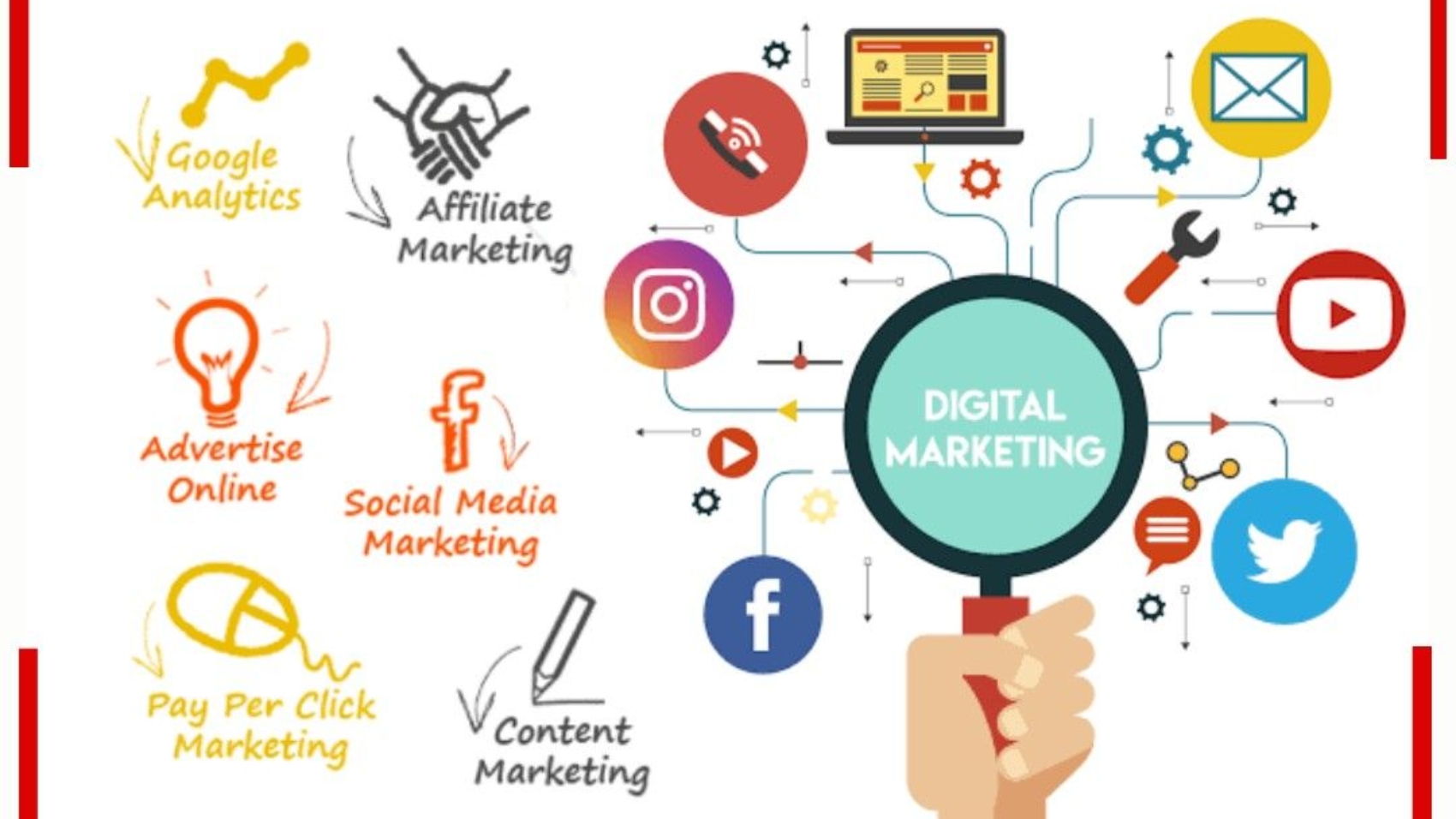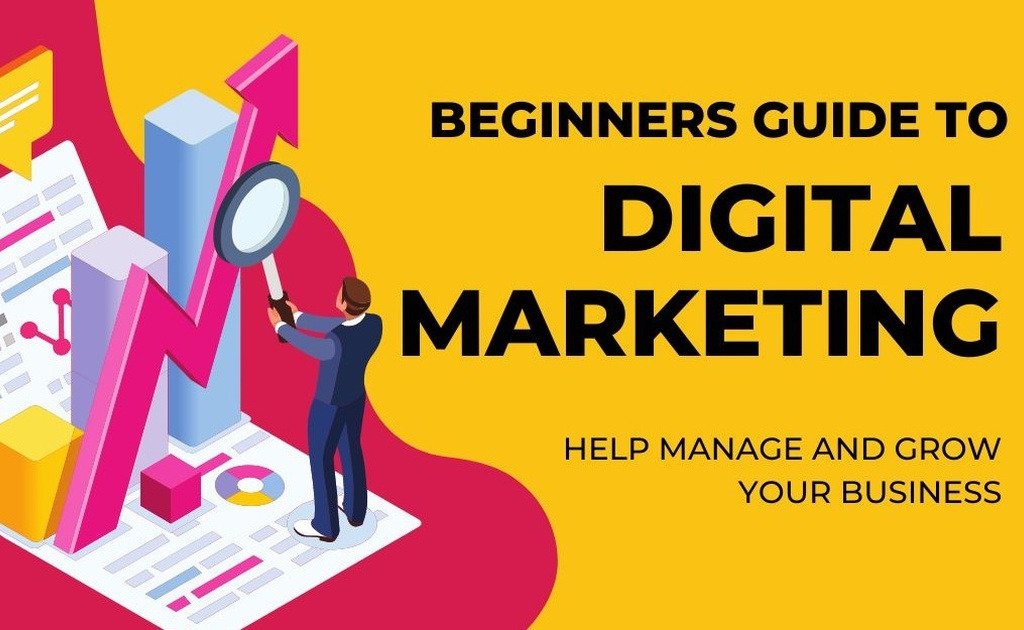SEO tips are One of the most important tactics for raising your website’s exposure on search engines like Google is search engine optimisation, or SEO. Knowing SEO can have a significant impact on the success and traffic of your website, regardless of whether you are an internet entrepreneur, blogger, or small business owner. To get you started, here are some useful SEO pointers for beginners.One of the most important strategies for raising your website’s exposure on search engines like Google is search engine optimisation, or SEO. Knowing SEO can have a significant impact on the success and traffic of your website, regardless of whether you are an internet entrepreneur, blogger, or small business owner. To get you started, here are some useful SEO pointers for beginners.

1. Understand the Basics of SEO
Understanding the basics of SEO is crucial before attempting advanced strategies. Enhancing your website to help search engines understand and rank it is the basic objective of SEO. Link building, creating content, on-page optimisation, and keyword research are the essential elements. Gaining an understanding of these principles will enable you to build a strong basis for higher-level strategies.
The terms individuals use to look for information online are known as keywords. You must utilise the appropriate keywords to increase the number of people that visit your website. Start by identifying keywords related to your niche using tools like SEMrush, Ubersuggest, or Google Keyword Planner. Pay attention to long-tail keywords (phrases of three to five words), which are more focused and frequently less competitive.
For example, use a more focused long-tail term, such as “custom college group t-shirts,” in place of “t-shirts.”
3. Optimize Page Titles and Meta Descriptions
Page titles and meta descriptions are essential elements for both search engines and users. The page title should include your primary keyword and clearly describe what the page is about. Meta descriptions, which appear below the page title in search results, should provide a concise, compelling summary that encourages users to click.
Make sure both are unique for each page on your site.
4. Improve Your Website’s Loading Speed
Search engines prioritize websites that load quickly, as they offer a better user experience. A slow website can hurt your rankings and frustrate potential visitors. SEO tips To boost your site speed, compress images, use browser caching, and consider a content delivery network (CDN) to deliver content faster. You can test your site’s speed using tools like Google PageSpeed Insights or GTmetrix.
5. Optimize Your Content for Readers, Not Just Search Engines
Although it’s crucial to include keywords in your content, don’t use too many of them. Stuffing your material with keywords might lower your ranks and make it difficult to read. Concentrate on producing insightful, captivating content that satisfies the requirements and queries of your audience. Naturally, more backlinks and visitors are drawn to high-quality content, which improves SEO.
6. Use Internal Linking
Internal linking involves linking to other pages on your website within your content. SEO tips This practice helps search engines understand the structure of your site and encourages visitors to explore more of your content. For example, if you have a blog post about “college t-shirt trends,” you can link to another post about “how to design custom t-shirts.”
7. Optimize Images with Alt Text
Search engines cannot “see” images, so they rely on alt text to understand them. Always include descriptive alt text for each image, and if possible, incorporate relevant keywords. This not only improves your SEO but also makes your website more accessible to users with visual impairments. Additionally, make sure your images are compressed for faster loading times.
8. Make Your Website Mobile-Friendly
With over half of web traffic coming from mobile devices, it’s crucial that your website is mobile-friendly. Google also prioritizes mobile-friendly websites in its rankings. Ensure your website is responsive, meaning it adjusts to fit any screen size, and test it on various devices to ensure a seamless experience for users.
9. Build High-Quality Backlinks
Backlinks, or links pointing to your website from other websites, SEO tips are important for search engine optimisation. Search engines regard your website as more authoritative the more reputable, pertinent websites connect to it. Concentrate on producing shareable material, such in-depth tutorials, infographics, or case studies, that other websites will want to connect to.
10. Monitor Your SEO Performance
SEO is not a one-time task—it’s an ongoing process that requires monitoring and adjustment. Use tools like Google Analytics and Google Search Console to track your website’s performance. Look at metrics like organic traffic, keyword rankings, and bounce rates to see what’s working and where you can improve. Regularly updating and optimizing your content is key to maintaining good SEO.

CONCLUSION
Implementing these 10 SEO tips is a great starting point for boosting your website’s visibility. Remember, SEO takes time, and results won’t appear overnight. However, by consistently applying these strategies, you’ll gradually improve your rankings and attract more organic traffic to your site. Stay patient, keep learning, and adapt as SEO trends evolve!


